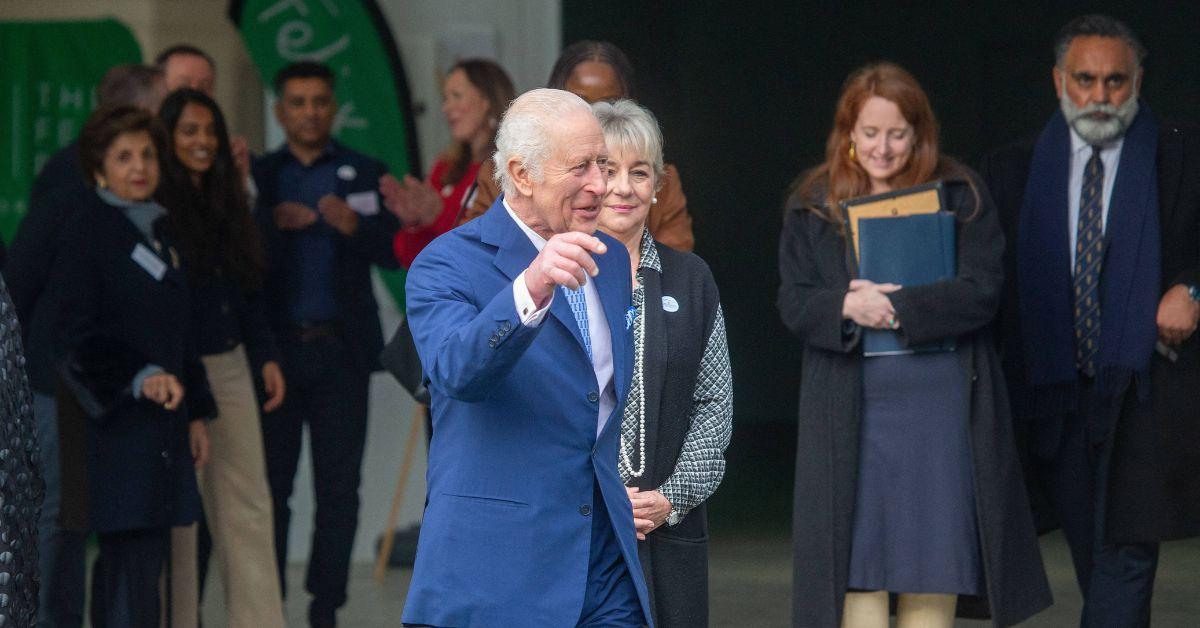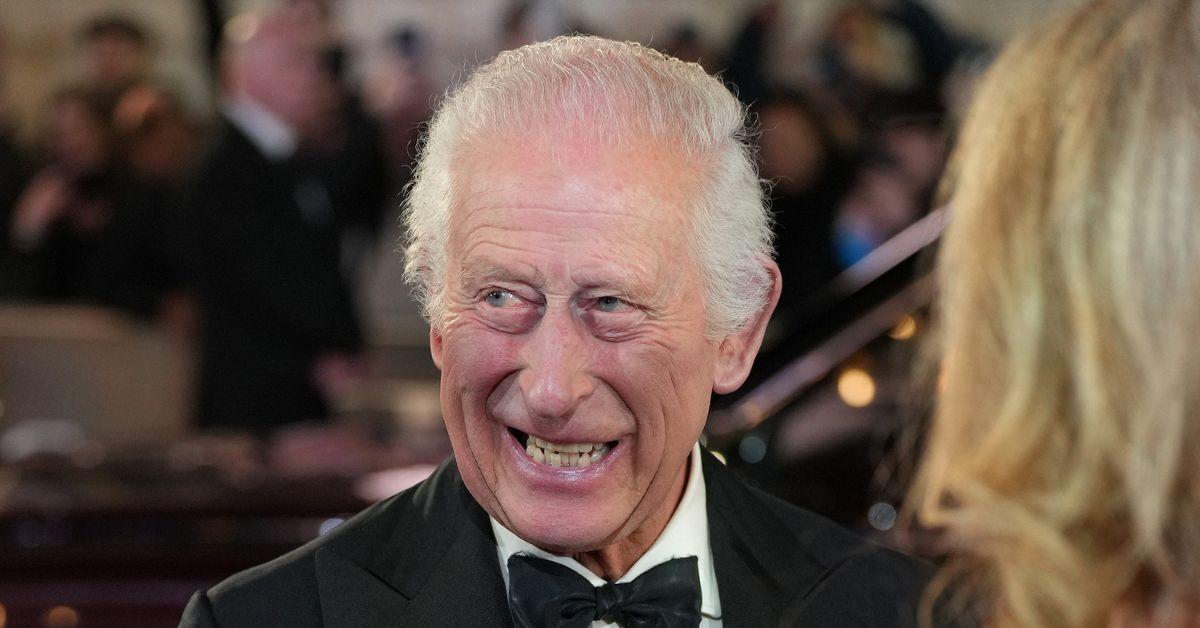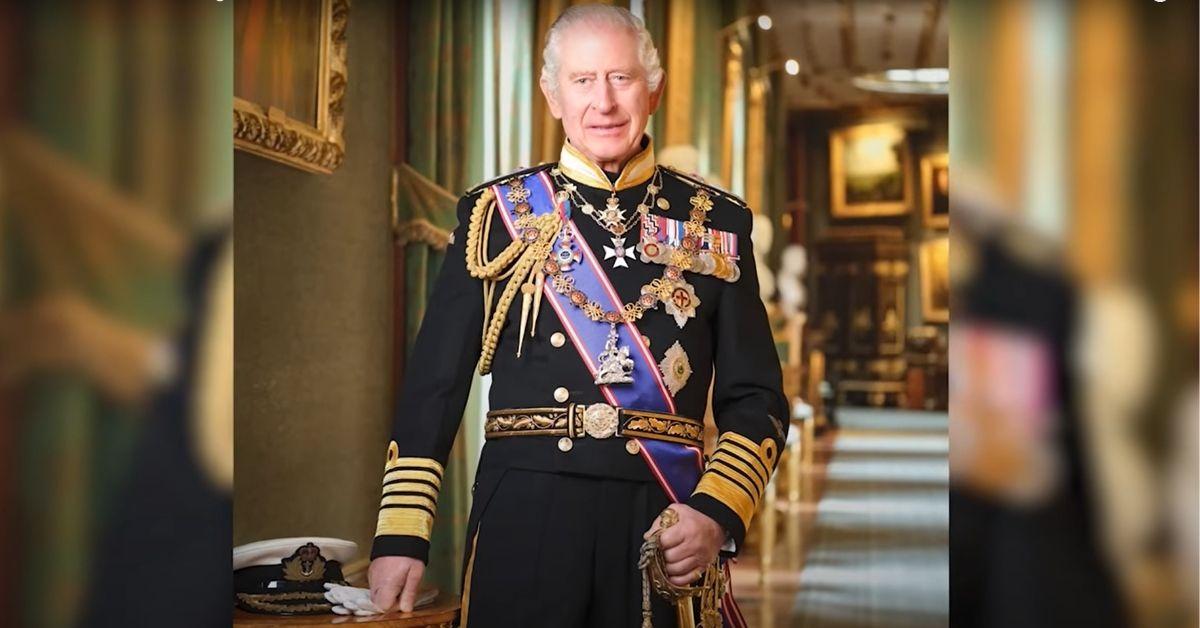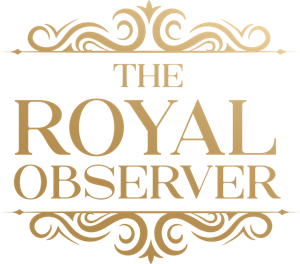A King's 'Conscious Choice': Charles III Didn’t Reveal His Type of Cancer in Order to Show Solidarity With All Those Afflicted With Disease

King Charles III reportedly made a deliberate decision not to specify his cancer type.
King Charles III, at 76, has chosen to keep the specific type of his cancer diagnosis private, a deliberate decision aimed at resonating with a broader audience affected by the disease.
A palace source noted that this approach allows the King to "reach out to the widest number of people who are experiencing the disease, rather than narrow the focus onto a particular form of cancer."

King Charles will continue to balance cancer treatment and public duties.
In February, Buckingham Palace announced that during a procedure for benign prostate enlargement, a separate issue was detected, leading to the cancer diagnosis. The palace clarified that the King does not have prostate cancer but chose not to disclose further details.
This decision reflects a shift towards greater transparency within the royal family regarding health matters. Earlier, Queen Camilla reportedly preferred to keep the King's health issues private, but he believed that sharing his condition could encourage others to seek timely medical attention.
The King's openness has already had a significant impact. Following his announcement, there was a notable increase in public interest and awareness about prostate health, with searches about prostate enlargement on the U.K.'s National Health Service website rising by 1,000 percent.

King Charles returned to public duties in April.
Despite his diagnosis, the sovereign has remained committed to his royal duties. He resumed public engagements in April and has continued to maintain a busy schedule. His recent visit to Waltham Forest Town Hall in London, accompanied by Queen Camilla, focused on community cohesion and charitable initiatives.
During the visit, when asked about his health, the King humorously remarked, "I'm still alive, thank G--," showcasing his resilience and positive outlook.
The royal family's approach to discussing health issues publicly marks a departure from previous practices. Historically, such matters were kept private, but the current openness aims to foster public understanding and support.
This transparency has also been evident in other family members — for instance, Kate, Princess of Wales' health journey was shared with the public, highlighting a new era of openness within the monarchy.

King Charles III will host his third Christmas as monarch in 2024.
The King’s openness about his health has drawn widespread public admiration. His acknowledgment of his cancer diagnosis has brought much-needed attention to prostate cancer, particularly among older men even though the monarch's exact type of cancer remains unknown.
A palace source shared, "By speaking candidly, Charles has encouraged awareness and dialogue around the disease, prompting many to praise his leadership. His recent remark, delivered in good humor, reminded the public that his spirit remains unshaken."
HM's ability to continue representing the crown while managing his health has been described as "steadfast" by those close to him. The King’s lighthearted comments serve to "reassure the nation of his determination to persevere," a source concluded.
The King and Queen are expected to remain at Sandringham House in Norfolk until mid-January.

A framed photo of King Charles III failed to catch on with the British public.
Powered by RedCircle
People reported on the King's cancer battle.
